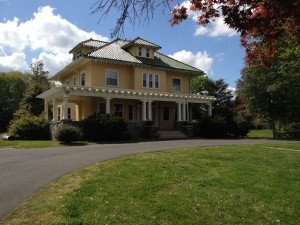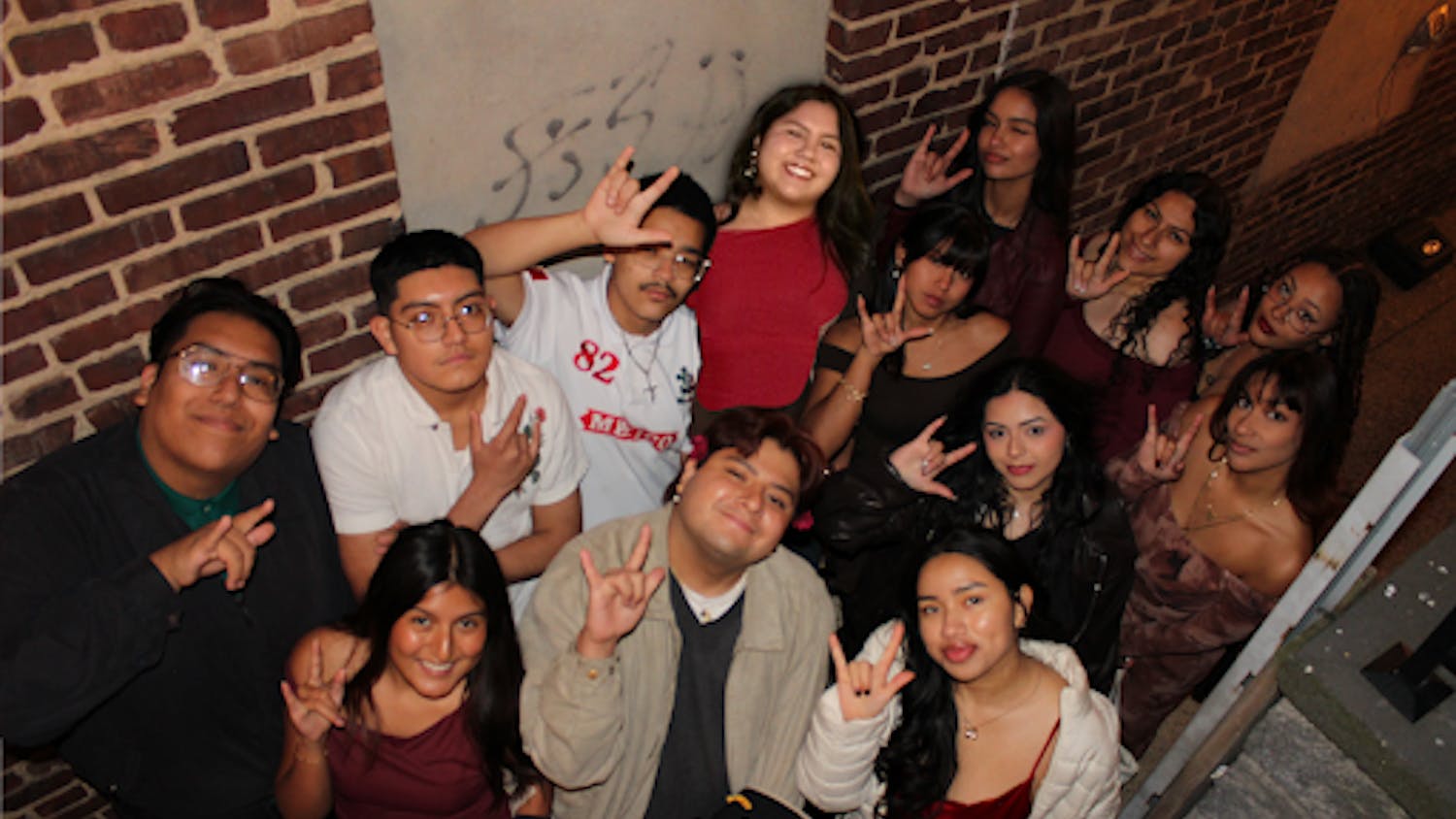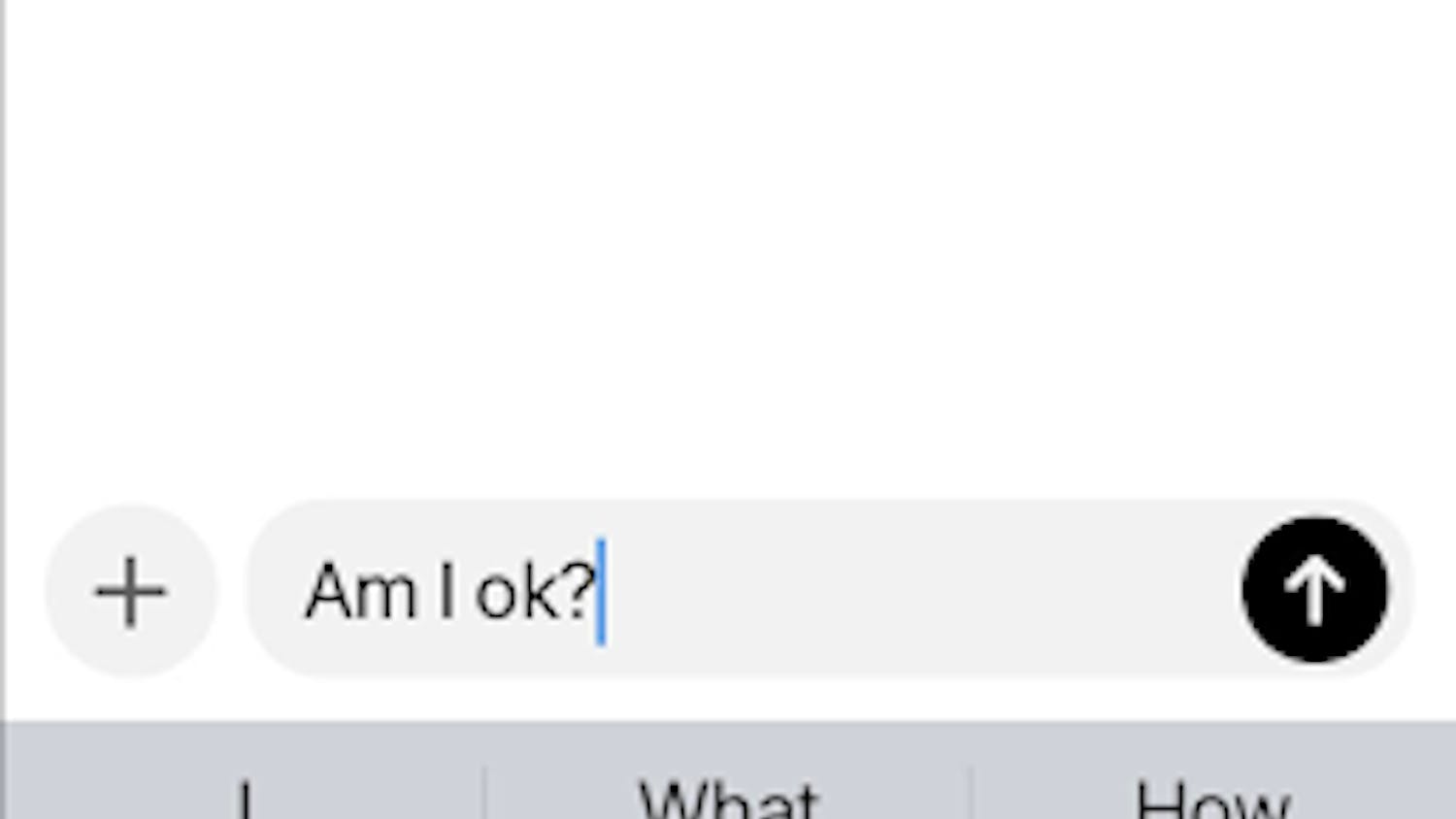By Jack Meyers
Correspondent
Anthony McBride knew what suffering was before most American teenagers his age could hold down a steady job.
Swept into the foster care system at the young age of 15 — after having lost his mother and then his grandmother shortly thereafter — Anthony learned quickly how cold and cruel life can be.
“I didn’t really have anyone in my corner,” he said with a grim sigh.
As many as 1.7 million youth every year find themselves in a very similar situation. They are without homes, sometimes without a consistent source of food and clothes, and lack love and support.
Yet what separates McBride from this population is one fact: He has a differing sexual identity. Being deprived of a supportive and comforting environment has also deprived him of the opportunity to accept his own identity.
“I am questioning,” he said, “And I might always question (it).”
Some studies suggest that up to 40 percent of the homeless youth population identifies as LGBTQ (Lesbian, Gay, Bisexual, Transgender or Questioning), and after coming out to family and supervisors within the system, these youth are neglected and abused simply because of their identities.
According to a study published by the U.S. Department of Health and Human Services, LGBTQ youth are “subjected to verbal, physical and even sexual abuse with little recourse.” The study stated that LGBTQ youth are “easy targets for being blamed and scape-goated as the ‘source’ of the problem in efforts to force them to leave.”
At 19, McBride had been up and down the system, and was now being forced out, still deficient of certain essential resources.
One day, a Division of Family and Youth Services worker in his district office handed him a brochure for the Triad House in Ewing, the only group home catering to LGBTQ youth in the state — and one of three of its kind in the entire country. His DYFS workers set up a meet-and-greet, and it was that day that he met CEO and founder of the Triad House, Mary Inzana.
But as McBride was leaving the meet-and-greet that day, one of the DYFS workers shouted at him, “Why are you acting like a faggot? You’re straight.” McBride bit his tongue.
He had made up his mind — he would live in the Triad House no matter what it took. It was the only place where he could be true to his sexual identity. It was a place where he could thrive without threat or harm.

“We needed to have a place where people would feel safe and feel loved and have structure and really be able to be whoever it was they wanted to be,” said Inzana, who has been working in the child welfare system for over 40 years.
In 1991, Inzana converted MCAC to what is now known as LifeTies, Inc—Triad’s parent organization. Inzana would learn throughout her years in the Adolescent Unit that the foster care system had not prepared their youth for life after foster care; they lacked independent living training and practical skills.
“I knew how to be a kid,” Anthony said, though he lamented: “I didn’t know how to be an adult.”
Inzana took her knowledge and experience and began to develop vital initiatives. She implemented an agenda of preparing LGBTQ youth for the world after the group home into Triad’s daily activities.
Anthony, once living in Triad, realized that what had been missing in foster care was the opportunity to “learn what it meant to persevere.”
In addition to independent living training, Triad provides its approximately nine LGBTQ youth with educational planning, tutoring, job readiness training, medical care, and even program aftercare. Triad also has counseling and psychological services that are provided by both staff as well as off-grounds physicians.
Even after Anthony’s six month stay at the Triad House, Ms. Inzana and her staff aided him in his search for housing as well as applying for jobs.
“What we’ve found is that most kids that are in regular families don’t become independent until they’re in their late 20s and 30s,” said Inzana, continuing to explain how foster kids have a heavy burden on their shoulders, never having learned to care for themselves.
Group homes such as Triad are a step down in level of care from foster care, necessitating a more severe solicitude. These homes are part of the system known as “perform care”. To qualify for this level of care, children must have sustained a greater amount of abuse or neglect and/or have dealt with mental health issues, as had Anthony.
The perform care system, however, has no place for the LGBTQ youth who most frequently require its services.
“There is no categorization in perform care for LGBTQ,” Inzana stated with chagrin.
This means that for those youth in crisis, desperate for caring and emotionally supportive environments like Triad, it is incredibly difficult to be placed in these homes. LGBTQ youth in America find themselves severely underserved, underprivileged, and overlooked. But above all, they are denied love and encouragement.
“You can give a child or a young adult all the therapy in the world,” says Inzana, “If they don’t feel safe and they don’t feel that people love them, it doesn’t work.”






